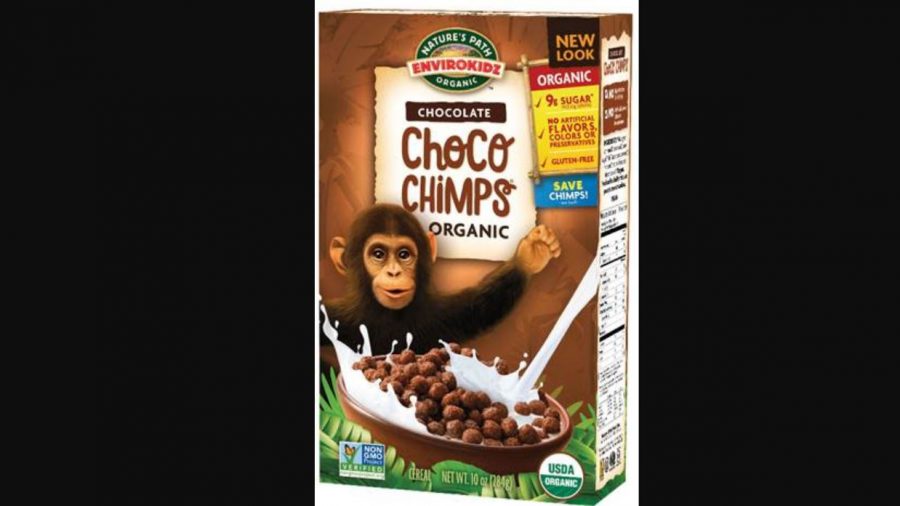Nature’s Path issued a recall for its gluten-free children’s cereal because it contained gluten, the company said.
The voluntary recall on Feb. 15, affects a specific production run of three different types of “EnviroKidz” cereals: Choco Chimps, Gorilla Munch, and Jungle Munch.
“They may contain undeclared gluten (wheat and barley), the company said in an alert posted on the Food & Drug Administration website. “People who have a wheat allergy, celiac disease, or sensitivity to gluten and wheat should not consume the cereals.”
The company said it was pulling the affected cereals from customer store shelves and warehouses. The recall affects the United States and Canada.
The cereals recalled in the United States are:
Choco Chimp boxes with a UPC code of 0 5844987024 1 and best before date of Aug. 27, 2019
Gorilla Munch boxes with a UPC code of 0 58449 86002 0 and best before date of Aug. 24, 2019, or Sept. 21, 2019
Jungle Munch boxes with a UPC code of 0 5844987028 9 and best before date of Aug. 1, 2019.
All the recalled boxes are 10 oz.
In Canada, the boxes are 284 grams.

The cereals recalled in Canada are:
Choco Chimp boxes with a UPC code of 0 5844987023 4 and best before date of Aug. 27, 2019
Gorilla Munch boxes with a UPC code of 0 58449 86002 0 0 and best before date of Aug. 24, 2019
Jungle Munch boxes with a UPC code of 0 0 5844987027 2 and best before date of Aug. 1, 2019.
Nature’s Path called what happened an “error” that happened “due to air contamination as a result of incorrect production scheduling.” It was isolated to one facility, the company stated, and other gluten-free Nature’s Path and EnviroKidz products are not affected.
“Making healthy, nutritious, organic food is our passion,” said Arjan Stephens, executive vice president of sales & marketing at the British Columbia-based company, in a statement.

“This failure to meet the gluten-free standard our consumers expect and trust from us is a deep concern. We have reviewed and changed our internal practices to ensure our gluten-free cereals are not impacted in the future,” Stephens added.
Consumers requesting a refund for the affected cereals should return the product to their retailer.
Consumers may also contact Nature’s Path Consumer Services at 1-866-880-7284 (between Monday and Friday, 8:00 am to 4:30 pm PST) or email the company at [email protected].

Celiac Disease
About 1 percent of people worldwide are affected by celiac disease, according to the Celiac Disease Foundation.
The disease “is a serious autoimmune disorder that can occur in genetically predisposed people where the ingestion of gluten leads to damage in the small intestine,” the foundation said.
In America, some 2.5 million people are believed to be undiagnosed.
“When people with celiac disease eat gluten (a protein found in wheat, rye, and barley), their body mounts an immune response that attacks the small intestine. These attacks lead to damage on the villi, small fingerlike projections that line the small intestine, that promote nutrient absorption,” the foundation stated.
“When the villi get damaged, nutrients cannot be absorbed properly into the body. Celiac disease is hereditary, meaning that it runs in families. People with a first-degree relative with celiac disease (parent, child, sibling) have a 1 in 10 risk of developing celiac disease.”
The only known treatment is a lifelong adherence to a strict gluten-free diet. Even small amounts of gluten, such as crumbs from a cutting board or toaster, can trigger small intestine damage.
The disease is also known as coeliac disease, celiac sprue, nontropical sprue, and gluten-sensitive enteropathy.


